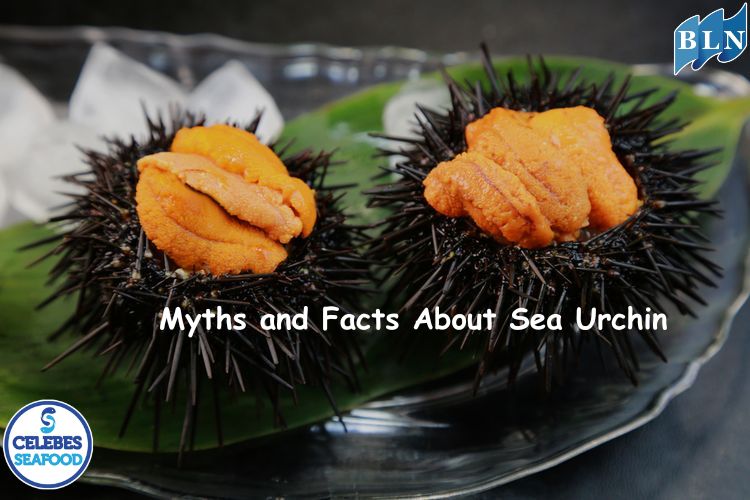Fish Waste Potential to Become Compost
By. Nevanda - 10 Apr 2023
lautnusantara.com - Fish scraps can be a great addition to your compost pile. They are high in nitrogen, which is an essential nutrient for plant growth. However, it is important to use fish scraps in moderation, as they can attract rodents and other unwanted pests if not properly managed.
To use fish scraps in your compost pile, it's best to chop them up into small pieces to speed up the decomposition process. You can bury them deep in the compost pile to reduce any odors and to deter pests. It's also a good idea to cover the fish scraps with a layer of carbon-rich material, such as dried leaves or straw, to balance the nitrogen levels and reduce any odors.
Read also: Here Are Ecological Role of a Shark
The first thing to have when composting fish and other meats is a closed compost bin, like a compost tumbler. The reason behind this, obviously, is because as the fish becomes rancid, it will attract unwanted pests like rodents and raccoons. These guys can do all that is in their power to bring down the composting bin so that they have their way with the fish scraps. Having a closed compost bin ensures they do not enter, even if they overpower it.
Secondly, if you live in an area with dangerous pests like bears, avoid composting fish altogether. This is because they will do a lot of damage trying to get to the compost bin and of course the fish. The dangers of such pests invading far outweigh the benefits of composting the fish.
Read also: The Health Benefits of Consuming Shellfish You Should Know
The third caveat is that when composting such waste as fish parts, the fish waste should be mixed with plant waste and buried at the centre of the pile. This, first ensures the pests do not get attracted to the pile and secondly, the centre of the pile will witness the most intense decomposition action. This means it will be hot enough to break down the fish quickly.
In addition to fish scraps, you can also add other kitchen scraps, yard waste, and other organic materials to your compost pile to create a nutrient-rich fertilizer for your plants. Just be sure to avoid adding any meat or dairy products, as they can attract pests and create unpleasant odors. After several months, the resultant product is rich humus lauded as a nutrient-wealthy fertilizer for soil amendment.
Read also: Fish Canning Process to Preserving Fish








